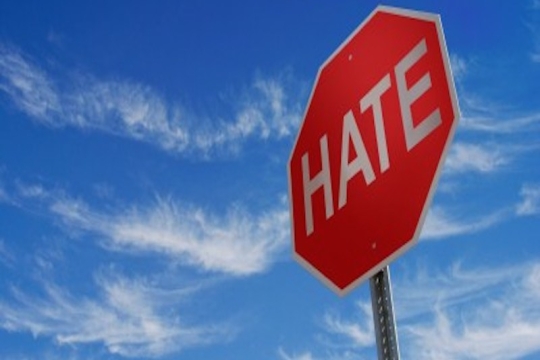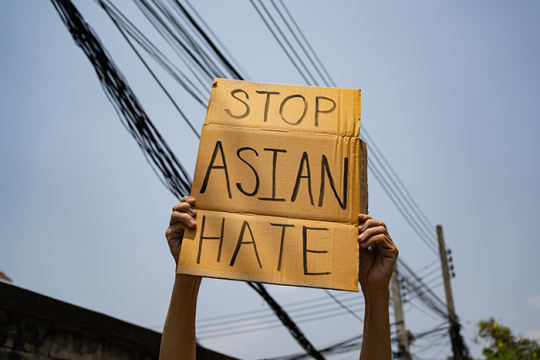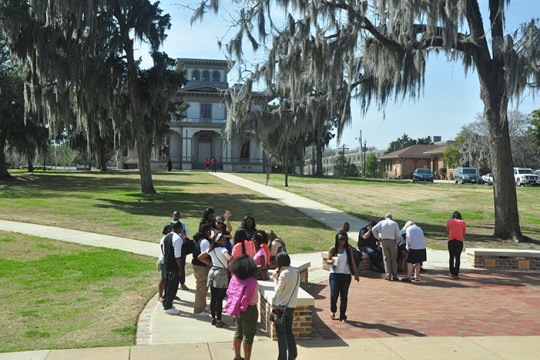

Over the past few decades, we have witnessed an increase in violent hate crimes across America. The litany of names has become familiar. Along with the brutal, hate-motivated murders of James Byrd Jr. in Texas, Matthew Shepard in Wyoming, and Billy Jack Gaither in Alabama, hate-motivated attacks continue to strike fear into the hearts of many different communities. Particularly after the attacks of September 11, 2001, hate-based attacks upon Arab Americans, Muslims, and Sikhs increased at a frightening rate.
Antisemitism, white supremacy, and other forms of bigotry have all risen dramatically in the U.S. in recent years, as shown by the FBI Hate Crimes Statistics (required under the 1990 Hate Crimes Statistics Act). Collecting accurate information about these hate crimes, government and non-governmental organizations can better plan and program educational activities to combat hatred.
While hate crime laws cannot eliminate bigotry, legislation serves as a deterrent to those individuals who choose to act on their hatred by imposing stricter penalties against the perpetrators of these crimes. Although the stricter punishment is critical, the goal of hate crimes laws is often tied to the idea of educating perpetrators, law enforcement officers, and the general public about the scourge of hate in our society.


